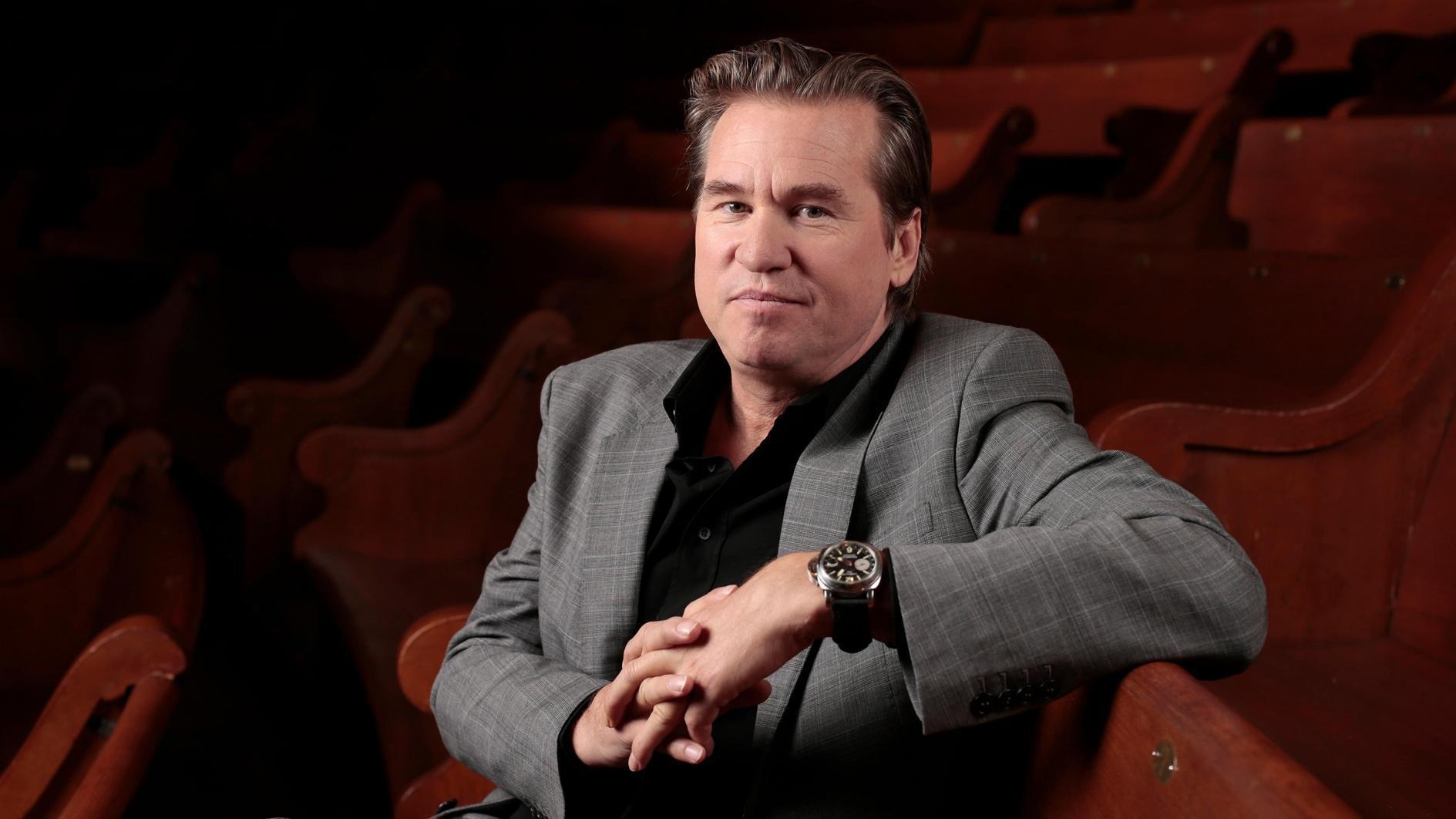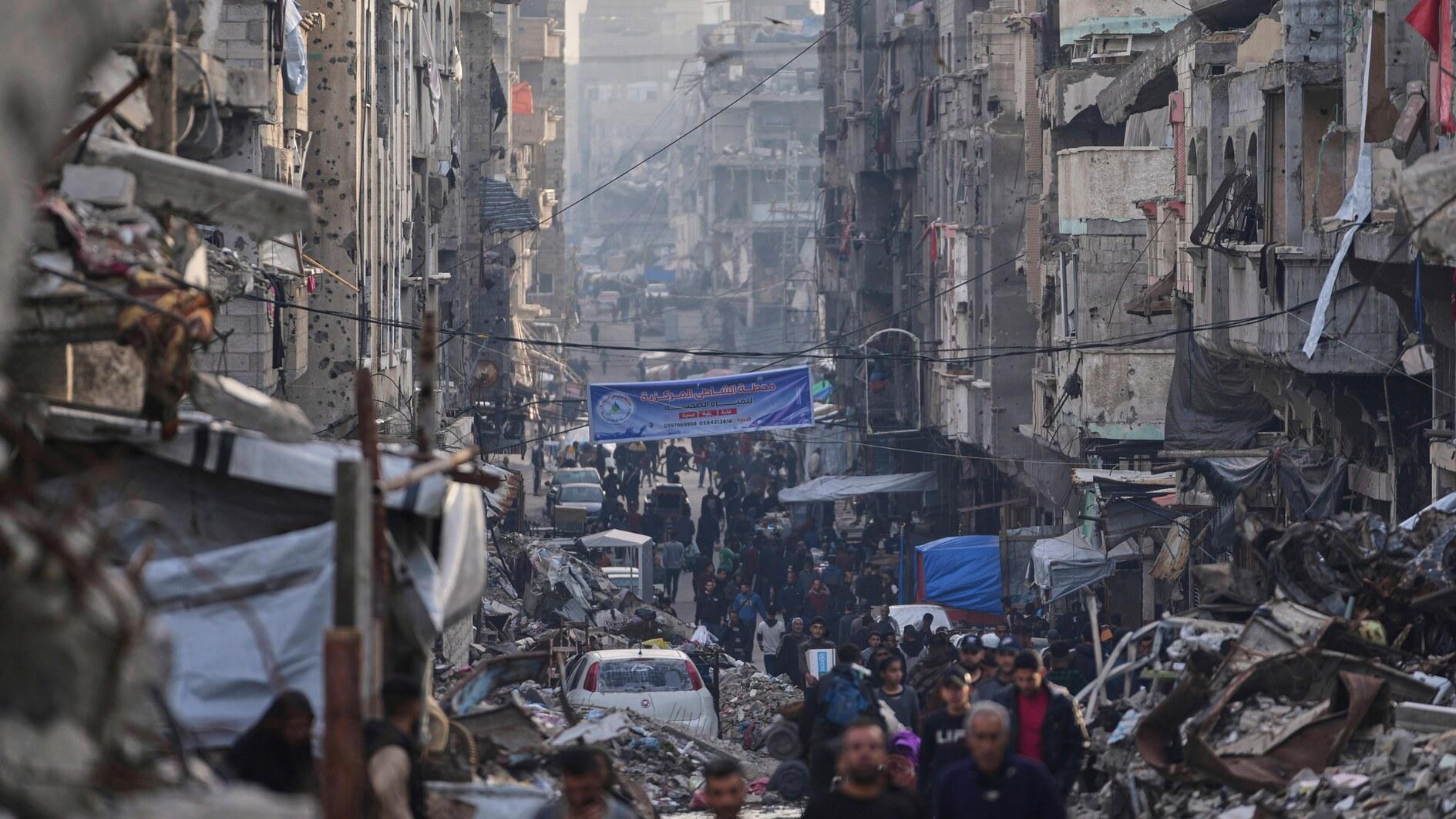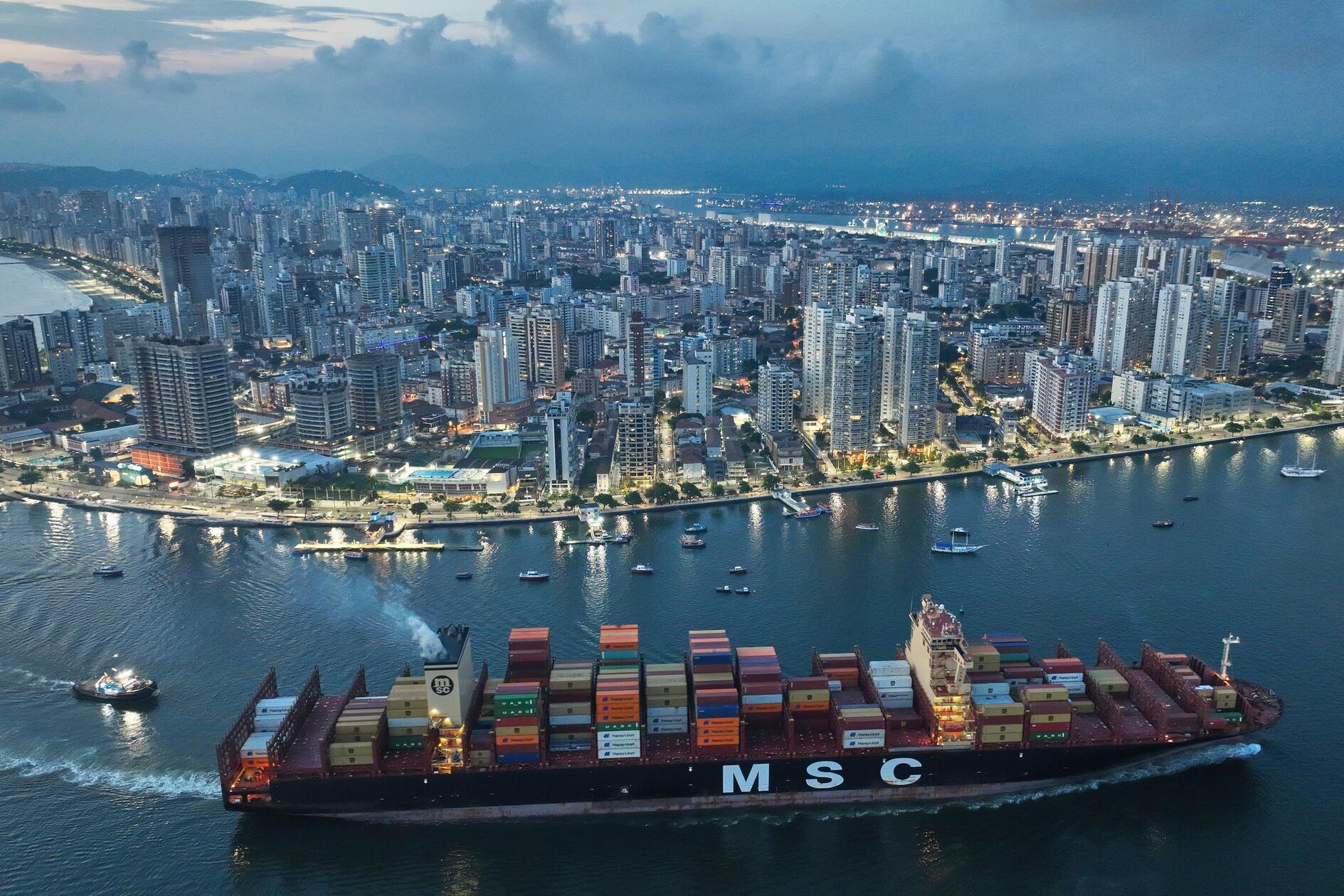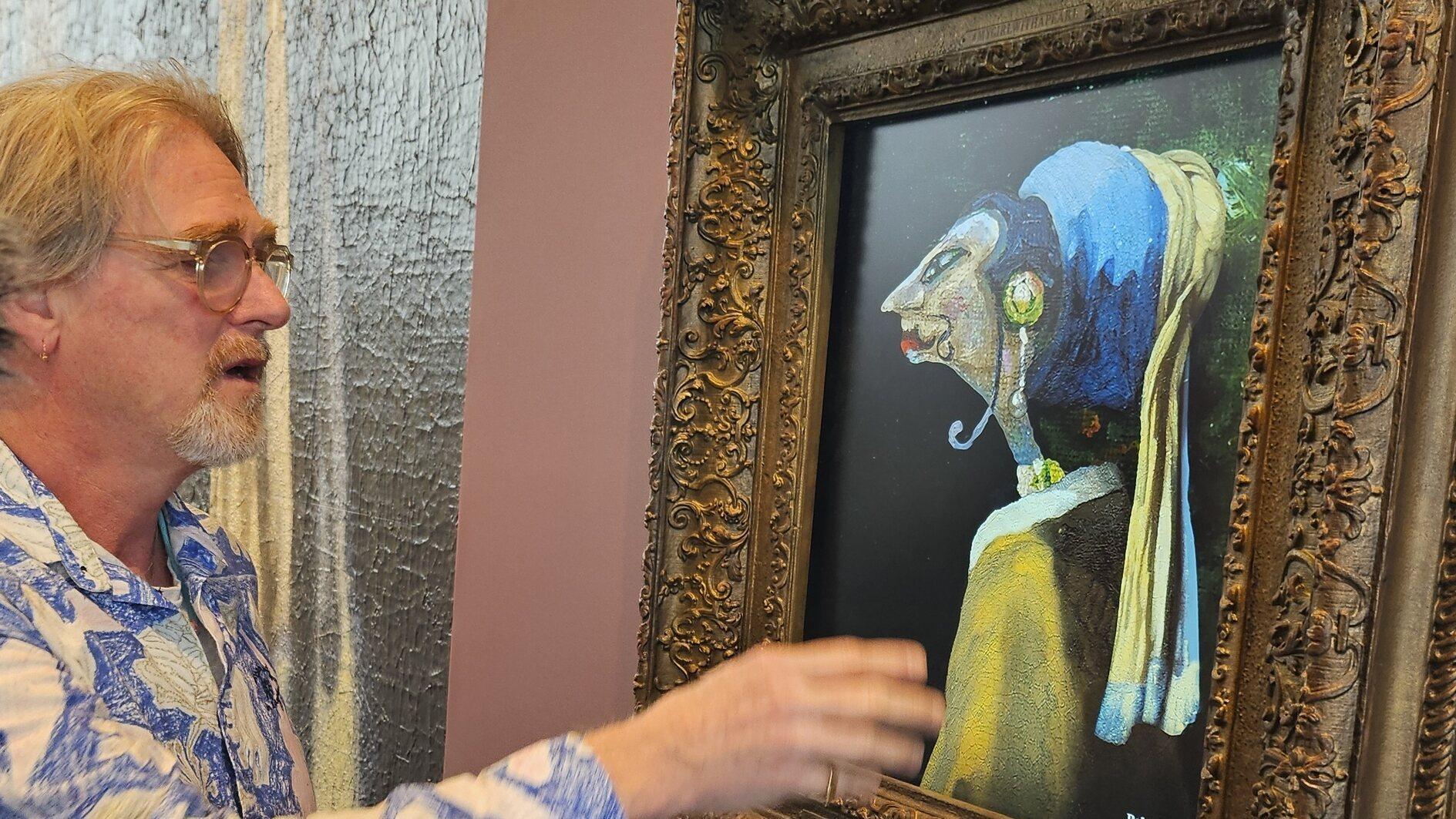When will the words Europe and peace come together?
The European Union was awarded the 2012 Nobel Peace Prize on Monday in tribute to its achievement at transforming an ever-warring continent into a peaceful entity. While the chairman of the Nobel Committee stated that the achievement of the continent was “truly fantastic” and that the EU deserved the prize since it “figured most prominently” in the process, the timing and the justification have been widely questioned.
The decision to hand the prestigious prize to the EU at a time when its very existence is questioned due to the eurozone crisis is rather opportune.
“What next for the EU; the Nobel Prize for Economics?” asked the Daily Telegraph, reflecting the sentiment all around. Some complained that EU members manufacture and export weapons. Others argued that giving the prize to an institution, rather than an individual, was against the prize’s principles, although that has happened before, 23 times. Former Nobel Peace Prize Laureate Desmond Tutu suggested that the prize money of $1.2 million not be paid this year. The EU in return, decided to spend it on projects for children in war-torn areas.
While the timing of the award may be suspicious, the EU’s contribution to the transition of the continent is less debatable. Europe hosts some of the most coveted regions of the world. Flanders, covering parts of today’s Belgium, France and Holland, and Galicia on the Polish-Ukrainian border, are the most fought-over territories in human existence. Millions have died in these areas over the centuries. Similarly, the enmity between Franks and Germans, as well as the competition between England, Germany and France, resulted in two world wars, with a death toll of nearly 100 million people, civilian and military alike, from conflict-related causes. Nobody counted the wounded, missing or psychologically destroyed.
Though it might be an exaggeration to argue that peace could not have come to Europe without the EU, it is equally true that the various regimes established by the union have at least been partly instrumental in creating a “zone of peace” in Europe. No doubt, one must also acknowledge the contributions of the duality of the Soviet threat and American pressure from the flanks, as well as the security guarantees provided by NATO.
It is not only after World War II that European integration helped create a security regime in Western Europe. At the end of the Cold War, too, the EU was immensely effective in expanding the zone of peace toward the east and southeast. The EU connection empowered democrats in the former Eastern Bloc countries in the mid-to-late 1990s when they could have gone both ways, backtracking from the earlier gains in democracy. To judge the importance of the EU, one has to compare the current state of the Central and Eastern European (CEE) countries to others further east and south. In the CEE, the EU and NATO offered membership prospects to reforming countries. The others did not get the same offer, and this is reflected in the expansion of the zone of peace and democratization to cover the CEE, but not beyond.
Europe has shown a great capacity to repeatedly reinvent itself after deadly wars. The memories of the last one fought in the middle of Europe over the territories of the former Yugoslavia are still fresh. The shortcomings of the EU in stopping the bloodshed and the crimes against humanity in Bosnia on the eve of the 21st century do not bode well for its ability to project peace. Yet, the EU has managed to incorporate most of the war-torn continent into a peaceful place of coexistence. Even the controversy and the criticisms are OK, since the opposition is essential to the union with its diverse membership. As Jean Monnet said, “It’s better to fight around the table than on a battlefield.”











